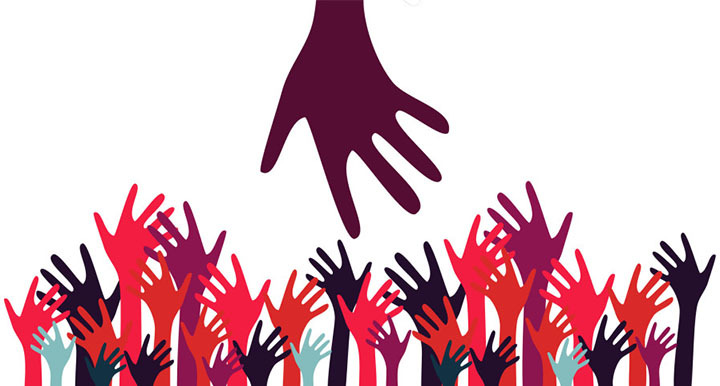Hopelessly devoted
Hopelessly devoted
actually utterly hopeful
and positive, they are
Hopelessly devoted
the Earth Children
from Rustenburg Girl’s High
(passionately green are they)
Hopelessly devoted
right here down South
in their vegetable garden
recycling at their school
Hopelessly devoted
an assortment of girls
enthused with their earth work
Hopelessly devoted
to their healthy vegetables
and farming worms too
Hopelessly devoted
eating flowers
reducing their carbon footprint
and fund-raising for our rhino
Hopelessly devoted
doing the each one teach one
(a collective consciousness)
Hopelessly devoted
might they re-energise
all of us out yonder
in the material world
[Hopelessly intrigued am I by the Earth Children down Rustenburg Girl’s High-way (“Earth Children passionate about all things green” – Tatler, February 23 2012).]






